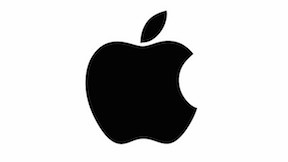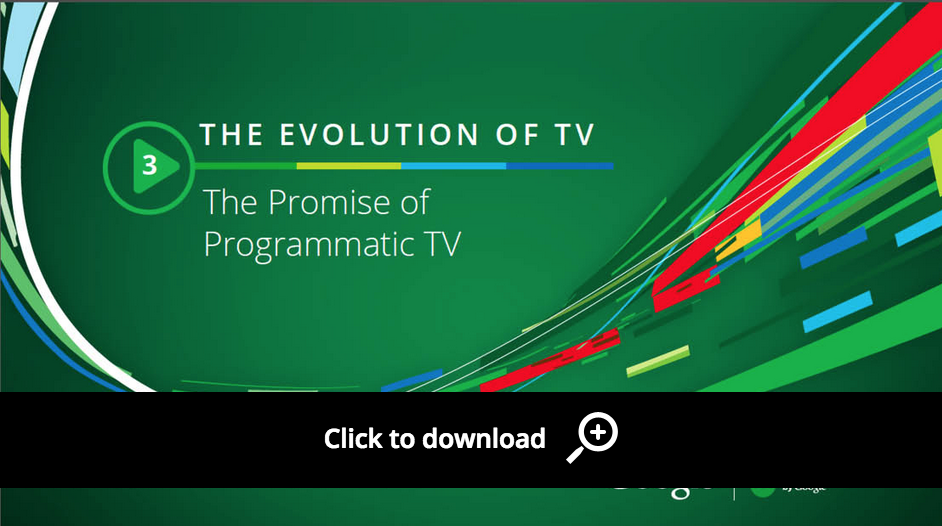CDD, EPIC, Privacy Groups files Brief in Support of Apple in FBI iPhone case

This brief is submitted on behalf of several Consumer Privacy Organizations who seek to protect consumers from data breach, financial fraud, and identity theft. The Consumer Privacy Organizations associated with the EPIC amicus brief believe that a court order to compel Apple to develop a technique to break security features designed to keep out third parties will result in an increase in crime against consumers.
The Electronic Privacy Information Center (“EPIC”) is a public interest research center in Washington, D.C., established in 1994 to focus public attention on emerging privacy and civil liberties issues. EPIC was specifically established to advocate for the use of strong encryption technology and for the development of related Privacy Enhancing Technologies. EPIC led the effort in the United States in the 1990s to support strong encryption tools and played a key role in the development of the international framework for cryptography policy that favored the deployment of strong security measures to safeguard personal information. EPIC also published the first comparative studies of international encryption policy. (See EPIC Cryptography and Libert 1998: An International Survey of Encryption Policy.)
The Center for Digital Democracy (CDD) is one of the leading consumer protection and privacy organizations in the United States. Since its founding in 2001, CDD has been at the forefront of research, public education, and advocacy protecting consumers in the digital age.
Constitutional Alliance is privately funded nonpartisan non-profit organiation whose stated mission is to “preserve state and national sovereignty, and the unalienable rights to life, liberty and the pursuit of happiness as pronounced in the Declaration of Independence and protected under the Bill of Rights of the United States of America.”
Consumer Action empowers underrepresented consumers nationwide to assert their rights in the marketplace and financially prosper through multilingual financial education materials, community outreach, and issue-focused advocacy.
Consumer Watchdog is a nonprofit organization dedicated to educating and advocating on behalf of consumers for over 25 years.11 Its mission is to provide an effective voice for the public interest. Consumer Watchdog’s programs include health care reform, oversight of insurance rates, energy policy, protecting privacy rights, protecting legal rights, corporate reform, and political accountability.
The Cyber Privacy Project researches and educates the public about privacy issues raised in today’s networked world. Patient Privacy Rights (“PPR”) works to empower individuals and prevent widespread discrimination based on health information using a grassroots, community organizing approach. PPR educates consumers, champions smart policies, and exposes and holds industry and the government accountable.
The Privacy Rights Clearinghouse (“PRC”) is a nonprofit consumer education and advocacy organization based in San Diego, California. Established in 1992, the PRC focuses on consumers’ rights and interests relating to informational privacy, answers individual consumer inquiries, and maintains a robust website of practical privacy protection tips.
Privacy Times provides accurate reporting, objective analysis and thoughtful insight into the events that shape the ongoing debate over privacy and Freedom of Information.
—-
See full brief attached.
